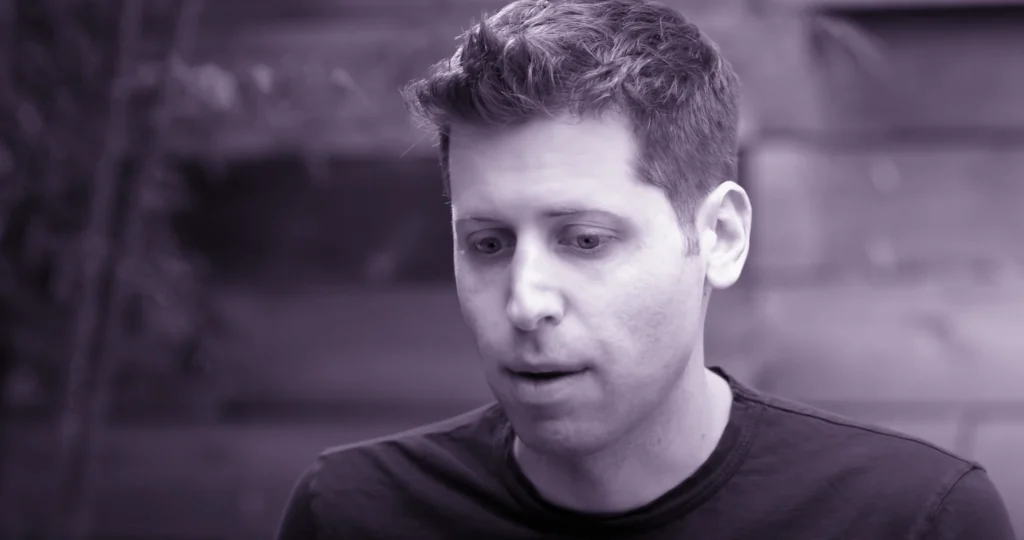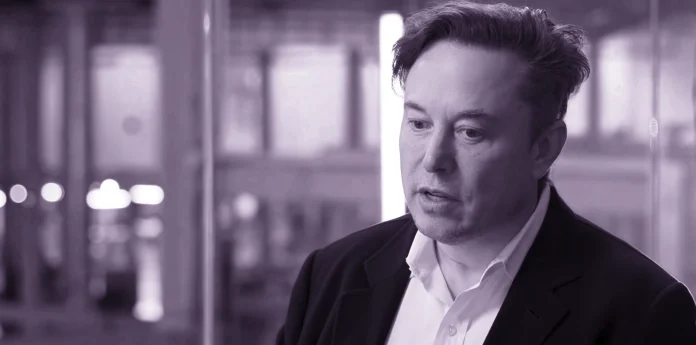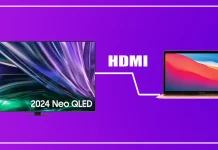Elon Musk sues OpenAI. Musk has filed a lawsuit against Samuel Altman, Gregory Brockman, and various entities associated with OpenAI, alleging breach of contract, promissory estoppel, breach of fiduciary duty, unfair competition, and seeking an accounting. The complaint details the founding of OpenAI as a non-profit entity with a mission to benefit humanity through the development of artificial general intelligence (AGI) in a way that is open and not driven by profit motives. Musk claims that the original vision for OpenAI has been violated, particularly highlighting the shift towards more proprietary and commercial ventures, exemplified by the exclusive licensing of GPT-3 technology to Microsoft. According to Musk, this action represents a deviation from the founding principles of OpenAI to remain open-source and not profit-driven. The lawsuit compels OpenAI to adhere to its original founding agreement and mission.
A significant focus of the lawsuit is that in 2018, OpenAI created a subsidiary, OpenAI L.P., known initially as SummerSafe, L.P. “Mr. Musk has long recognized that AGI poses a grave threat to humanity-perhaps the greatest existential threat we face today,” the lawsuit states, also stating that “But where some like Mr. Musk see an existential threat in AGI, others see AGI as a source of profit and power.”

“Having reached the threshold of AGI, which under the Founding Agreement they were to develop for the benefit of humanity rather than for any for-profit company or personal profit, the Defendants instead radically departed from their mission in breach of the Founding Agreement.” In the lawsuit, Musk claims that OpenAI has been de facto converted into a “Microsoft subsidiary.”
This raises the broader question of how the mission and goals of OpenAI, which was originally founded as a nonprofit company but then shifted to a model of using subsidiaries to generate what the company initially described as “capped profit.” changed.
When they launched this affiliate, they talked about how they could use it to get profits on their blog post.
But now, it seems OpenAI no longer sees itself as a non-profit research organization. The company has become one of the most promising tech startups in one of the most trending and promising industries.
But unlike many other startups, OpenAI has a few hats. On the one hand, it’s still a non-profit organization that does research. On the other hand, its subsidiary has an exclusive deal with Microsoft and continues to benefit from AI research.
Musk has repeatedly criticized the company’s structure, even questioning how legal it is.
It isn’t clear to me how the OpenAI structure is legal at all.
— Elon Musk (@elonmusk) February 18, 2024
I was offered shares a various points, but it seemed unethical/illegal to accept them.
“To this day, the OpenAI, Inc. website claims that its charter is for AGI to ‘benefit all of humanity.’ In reality, however, OpenAI, Inc. “has become a closed subsidiary of the largest technology company in the world: Microsoft,” the lawsuit states.
The problem of two-hats
The lawsuit touches on one significant topic that many who follow the development of AI have been thinking about even before Sam Altman was fired. Still, the question has become especially acute after the fuss over his firing: “What is the relationship between the two OpenAIs: for-profit and non-profit.” The lawsuit states that the original idea that nonprofit OpenAI’s board of directors consisted of AI experts with no interest or ties to its for-profit arm was a safeguard that was supposed to put research interest ahead of profit.
But as the lawsuit states, “When Microsoft CEO Satya Nadella learned of Mr. Altman’s firing, he was reportedly furious. As a 49% shareholder in OpenAI’s for-profit arm, Mr. Nadella felt that Microsoft should have been consulted before.” This reflects how Microsoft, which has invested a lot of money in OpenAI, might have felt when the unexpected news came.
But on the other hand, the board of directors of non-profit OpenAI has no connection to Microsoft and should not have been consulted. “The board of directors of OpenAI, Inc. was not affiliated with Microsoft and had no fiduciary duty to investors in the commercial division,” according to the complaint.
According to a complaint, under OpenAI’s restructured business approach, investors effectively see their contributions to the non-profit halved in net cost due to state and federal tax deductions, turning a $1 investment into a 50-cent expense. Conversely, this model allows them to reap profit-oriented benefits akin to traditional for-profit investments without immediate tax incentives, essentially receiving government-subsidized advantages. This creates an uneven playing field in investment scenarios, akin to a basketball game where one side’s scores are arbitrarily doubled, distorting competition and leveraging public funds for private gain.
This question is important and in this respect, the Elon Musk lawsuit seems useful for the whole industry as it raises a public debate and will help OpenAI answer the question of whether they are a “non-profit organization seeking to do research for the benefit of humanity” or a “promising tech startup” that after eight years has achieved a breakthrough and now wants to grow further.
Both models are good and can take place. But hopefully, OpenAI will decide how they see their future.
OpenAI and Elon Musk haven’t did not respond to our requests for comment.






